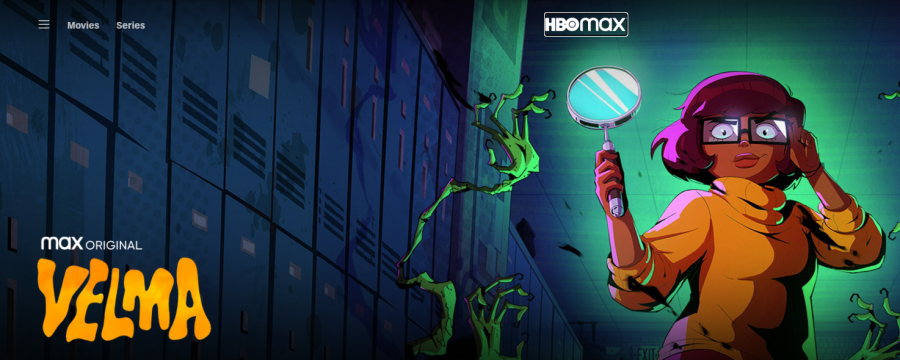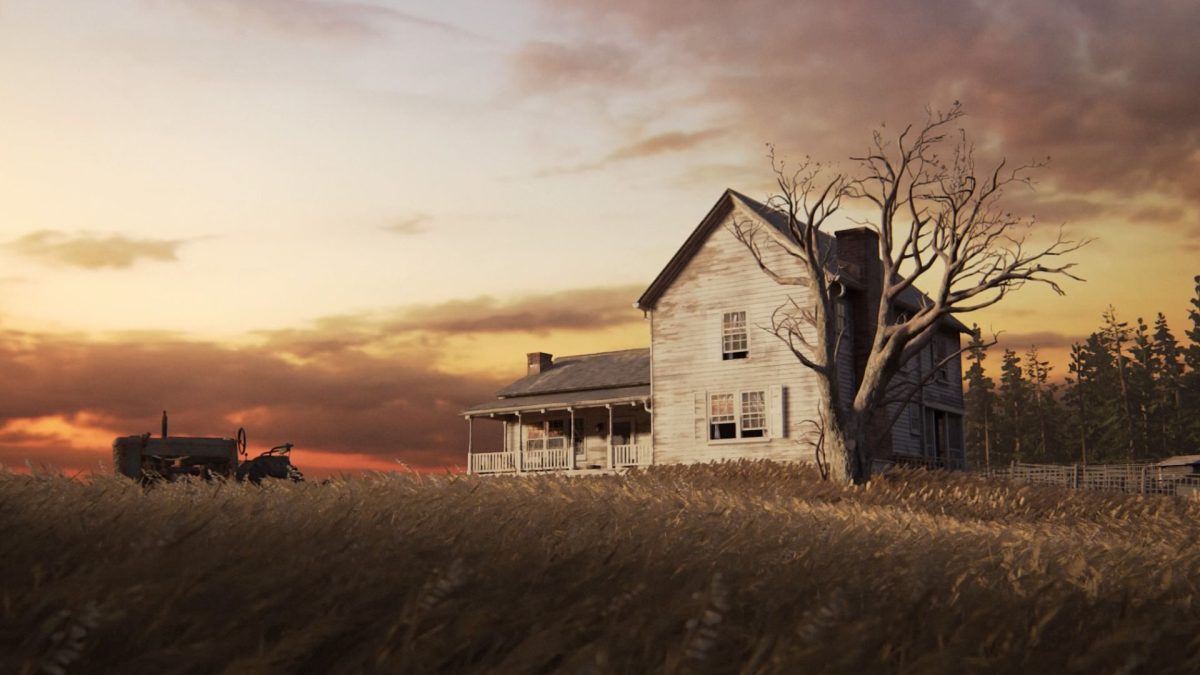‘Velma’ and its Biggest Mystery: Why it was Made
HBO Max released “Velma,” an origin story for the underrated Scooby-Doo character. But they completely butchered the feel of the Scooby-Doo franchise.
January 20, 2023
Ever since I wrote my first TTO piece on HBO Max removing cartoons, I’ve used the app sparingly. I only watch the animations they still have, like “South Park” or “Space Ghost Coast to Coast.”
I opened HBO Max this week to find a “Scooby-Doo” reboot had been made and it was targeted toward adults. I added it to my list and watched the four episodes that had been released.
My first and only question: was it necessary to make “Velma”?
With the countless spin-offs and reboots in the “Scooby-Doo” franchise, one could only assume that the story had been sucked dry. Nope, HBO still had the idea to give Velma an origin story and be completely tone-deaf while doing so. They lost the original feeling of “Scooby-Doo” by creating “Velma.”
“Scooby-Doo” fans, like myself, watched the movies and the shows when we were children. Now as teens and adults, we want to relive the simple moments of our childhood, like watching “What’s New, Scooby-Doo?” on a rainy day.
“Velma” is not simple. And it’s definitely not for children. It’s a terrible transition from the Hanna-Barbera originals, which were always family-friendly, to now creating a show that doesn’t live up to the legacy of the “Scooby-Doo” franchise.
That’s what was so perfect about “Scooby-Doo: Mystery Incorporated.” It was edgy, while also being targeted for children. The writing flowed nicely with the source material and gave more depth into the lives of the Mystery Gang.
“Velma” struggles with writing. So far, the Mystery Gang have remained static with their character development. Character development arcs are important when writing a work of fiction, especially with a conflict being introduced. If a show can’t so much as give compelling arcs to their cast, why even write the show?
Although it is a part of the “Scooby-Doo” franchise, “Velma” has less mystery than there is filler, which makes me think the writers haven’t actually come up with ways to continue or even solve the mystery.
The writers of “Velma” thought it necessary to give Velma Dinkley, the underrated nerd of the Mystery Gang, her own teen angst arc. Velma’s mother went missing and Velma blames herself for her mother’s disappearance. Any time Velma tries to “solve the mystery” of her mother’s disappearance, she is attacked by a distorted figure of her mother; everyone else in “Velma” would see this as a panic attack.
The only way Velma could get out of the panic attack was by laughter or being distracted. Daphne distracted her by kissing her on the mouth, non-consensual and harmful.
I won’t hate on an LGBTQ+ relationship in any show, but having a non-consensual kiss with someone in a dire situation is not okay.
Whether it be from the cringy jokes to the terrible depictions of panic attacks, this show is the perfect blend of what I’d like to call “trying too hard.”
The writers of “Velma” were tasteless when coming up with the story. Every subplot or bit in an episode was just dry humor and uninteresting. Nothing exciting happened and I realized I wasted 30 minutes of my day.
The most popular “bad joke” from “Velma” to circle around Twitter was when Velma said “420 is code for adults who still watch cartoons.”
Why must a team of writers hate on their demographic for watching a cartoon? Hey writers! “Velma” is a cartoon, specifically targeted at adults. Be aware of that, because you could lose your target audience.
The concept of an origin story for Velma is great, but find a team who cares about making it. The writing is so lazy and feels robotic at times. The formula of “plot, joke, plot, joke,” is rehashed in every single episode and it is getting boring hearing bad attempts at being relatable.
“Velma” is yet another attempt at a big cash-grab. HBO saw a successful business model of origin stories and used the Mystery Gang as the guinea pig. The result was in the form of trying to appeal to an audience stuck on the nostalgia train.
I suggest watching “Scooby-Doo: Mystery Incorporated.” The story is captivating, it’s a decent attempt at horror for a kids show and the writers aren’t trying too hard to relate to an audience. Adults who are fans of “Scooby-Doo” will enjoy “Mystery Incorporated” because it can remind them of simpler times like watching “What’s New, Scooby-Doo?” on rainy days. That can’t be said for “Velma.”
“Velma” and its reason for existing is a mystery that will haunt me.












